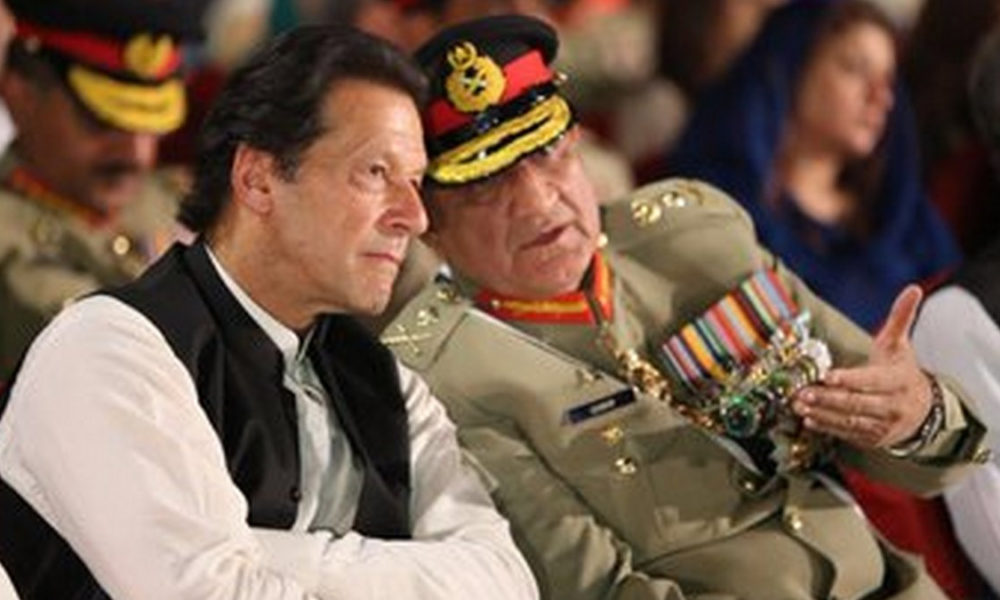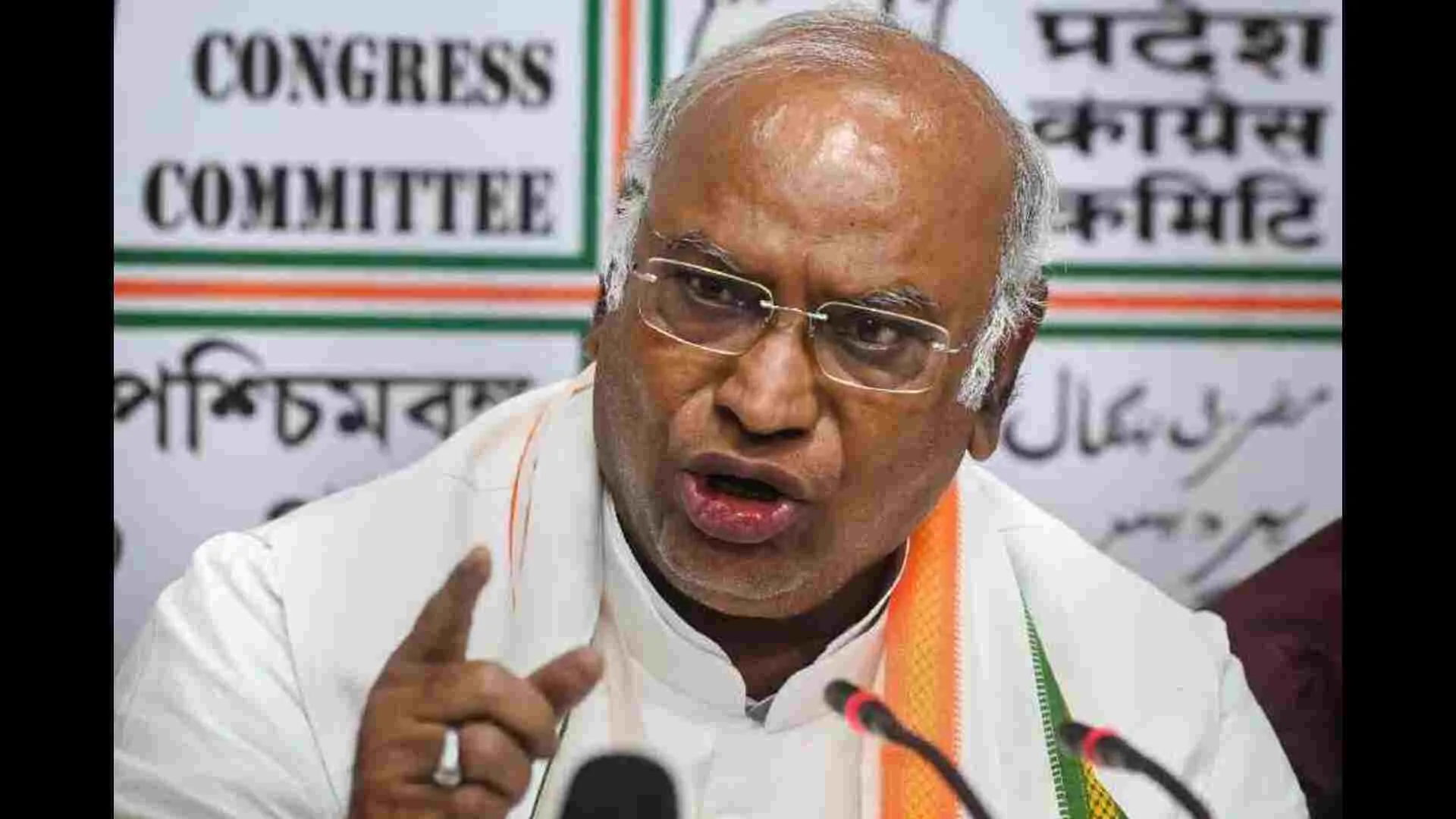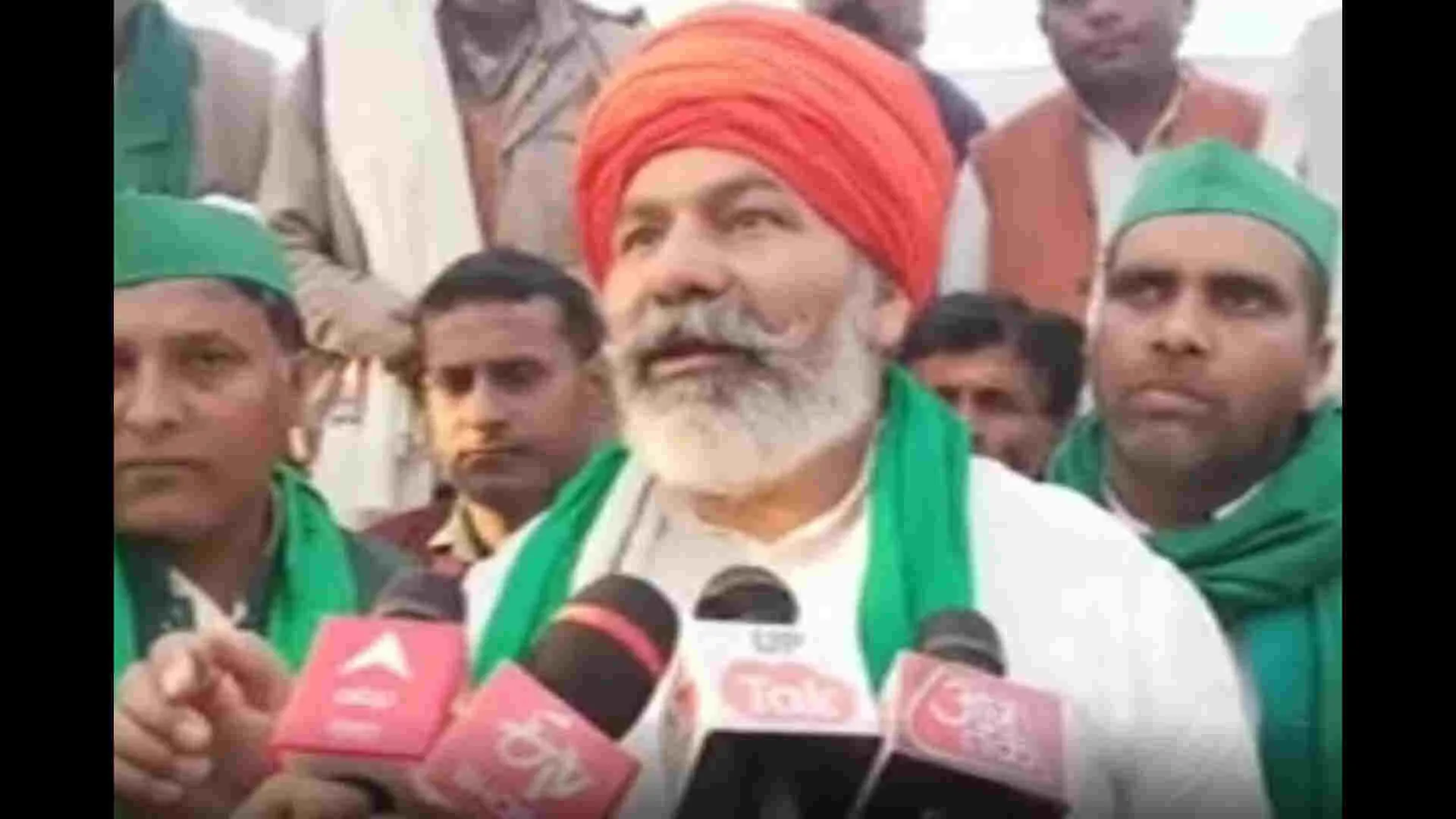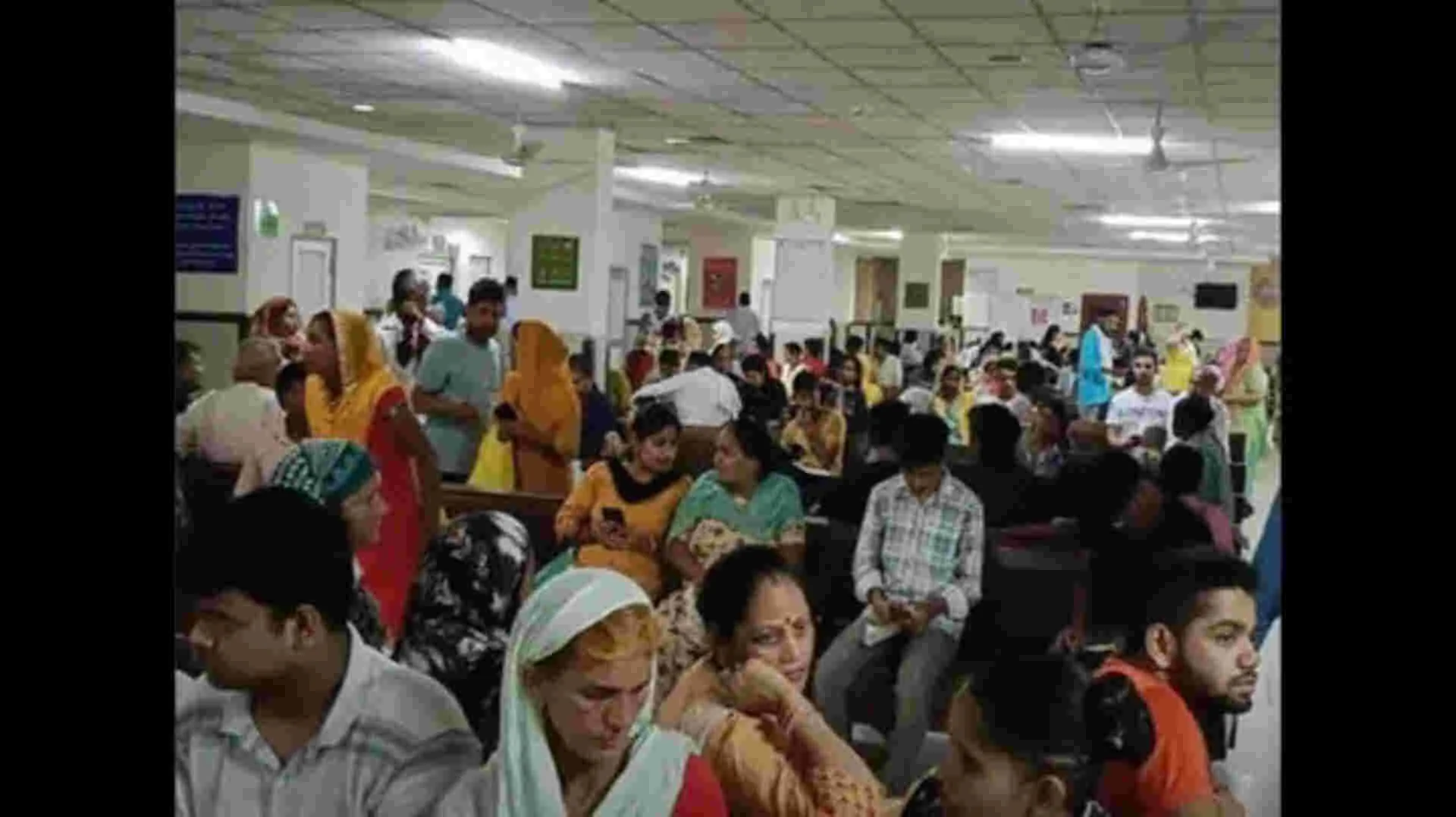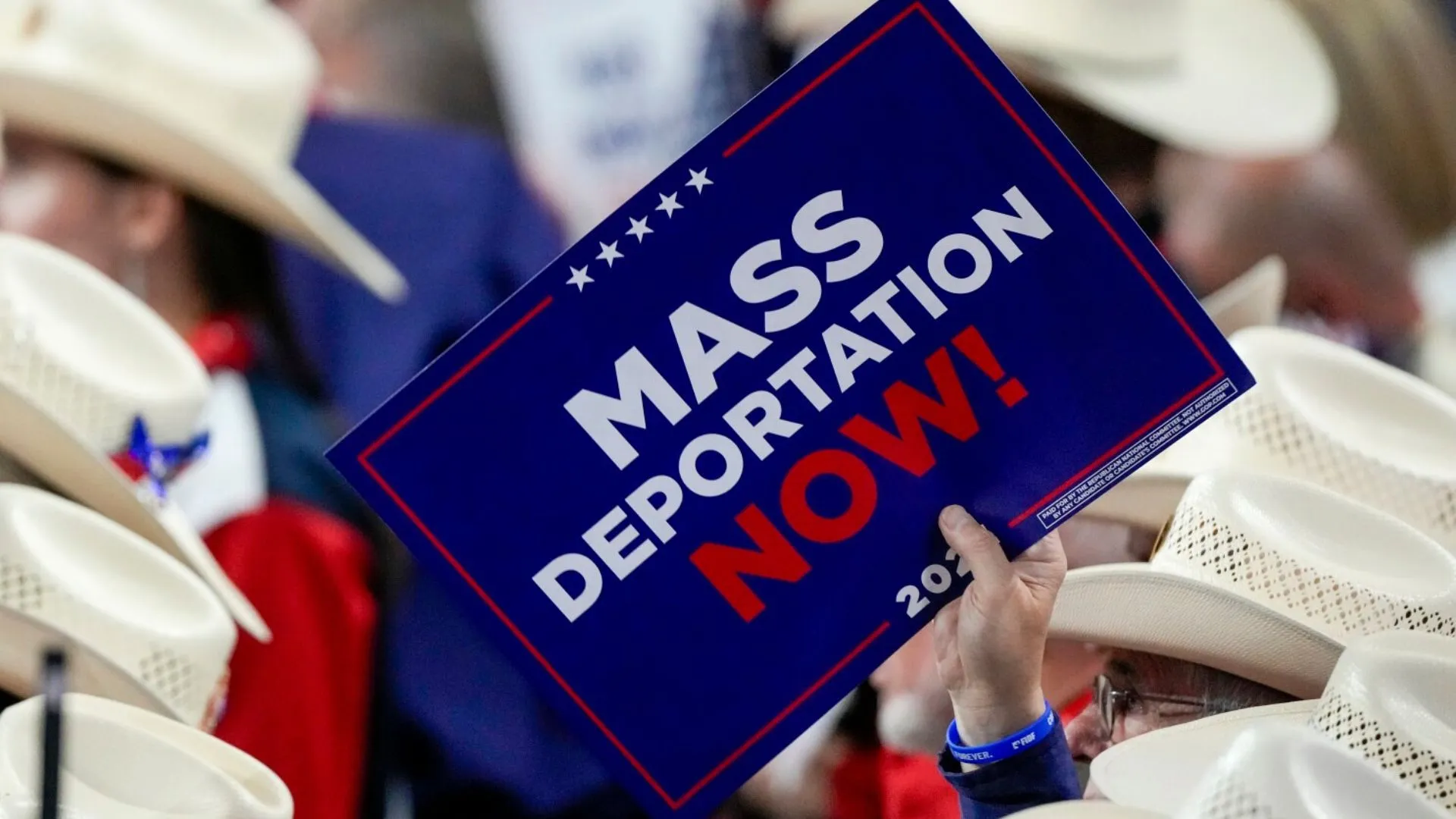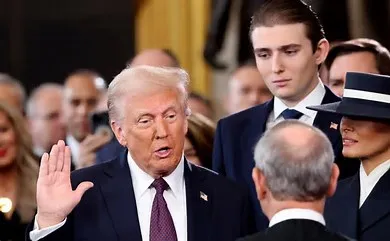If sources are to be believed, Pakistan Army is not at all happy with Prime Minister Imran Khan’s Covid crisis management in the country. The pandemic has put the government in a confrontation path with the all-powerful armed forces whose top brass is unhappy at the failure of the government to deal with the deadly virus.
Wajid Shamsul Hasan, a former Pakistani diplomat and journalist, said that the total failure of the Imran government’s Covid policies has justified the Army to be back in the front seat in control in Pakistan — though there is no official declaration of martial law.
“Until last induction of officers up to the rank of Lt. Generals in the civilian cadre, there are now more than a dozen former and current military officials in prominent government posts such as running the state-owned PIA, the power regulator and the National Institute of Health, which is leading the country’s pandemic response. Three of those appointments happened in the last two months.”
Hasan believes that Imran has failed to make up its mind to decide its best options for combating the pandemic Covid-19. “Having opposed lockdown since the day Sindh government decided to use it to minimise the surge, the latest decision from Khan is so-called ‘smart lockdown’ in places where the surge is more severe. By the time of writing this piece, the death toll has nearly 3000 and the spread of infection has hit more than 130,000.”
Since the situation has become more threatening, the World Health Organization (WHO) has warned Pakistan of dire consequences. In its latest directive, the WHO has asked Pakistan to implement “intermittent” lockdowns to counter the surge in coronavirus infections that has come as the country’s Prime Minister opted for loosening restrictions pertaining to lockdown.
Imran Khan has been emphasising all along against lockdown measures ad- opted by the Sindh government and other provinces arguing the impoverished country could not afford massive unemployment due to it four provinces ordered a patchwork of closures, and last week the Pakistan PM said most of these restrictions due to lockdown would be lifted. That decision as such has come as Pakistan found the worsening of the surge across all of South Asia, which until recently had lagged Western nations in virus tolls.
WHO officials said last week they had recorded a total of 108,317 cases and 2,172 deaths – though with testing still limited, real rates are thought to be much higher. “As of today, Pakistan does not meet any of the pre-requisite conditions for opening the lockdown,” the WHO said in a letter to Punjab’s provincial health minister Dr Yasmin Rashid recommending an intermittent lockdown cycle of two weeks on, two weeks off.
The top health body believes that 25 per cent of tests in Pakistan come back positive for Covid-19, indicating high levels of infection in the general population. Hospitals across the country say they are at or near capacity, and some are turning Covid-19 patients away. In a panic reaction, the health authorities in Islamabad have identified and sealed off nearly 1,300 coronavirus hotspots across the country to contain the surging trajectory of new infections.
The sealing of high-risk areas comes as government’s Covid-19 portal re- ported 6,472 new cases in the last 24 hours, the country’s highest single-day total.
Pakistan has reported 132,405 confirmed cases of the novel coronavirus, including 2,551 deaths since its first case emerged on 26 February. After initially imposing a countrywide lockdown, the government has now eased restrictions, saying it was necessary to save the country’s economy, but it has caused a surge in infections.
With agency inputs

